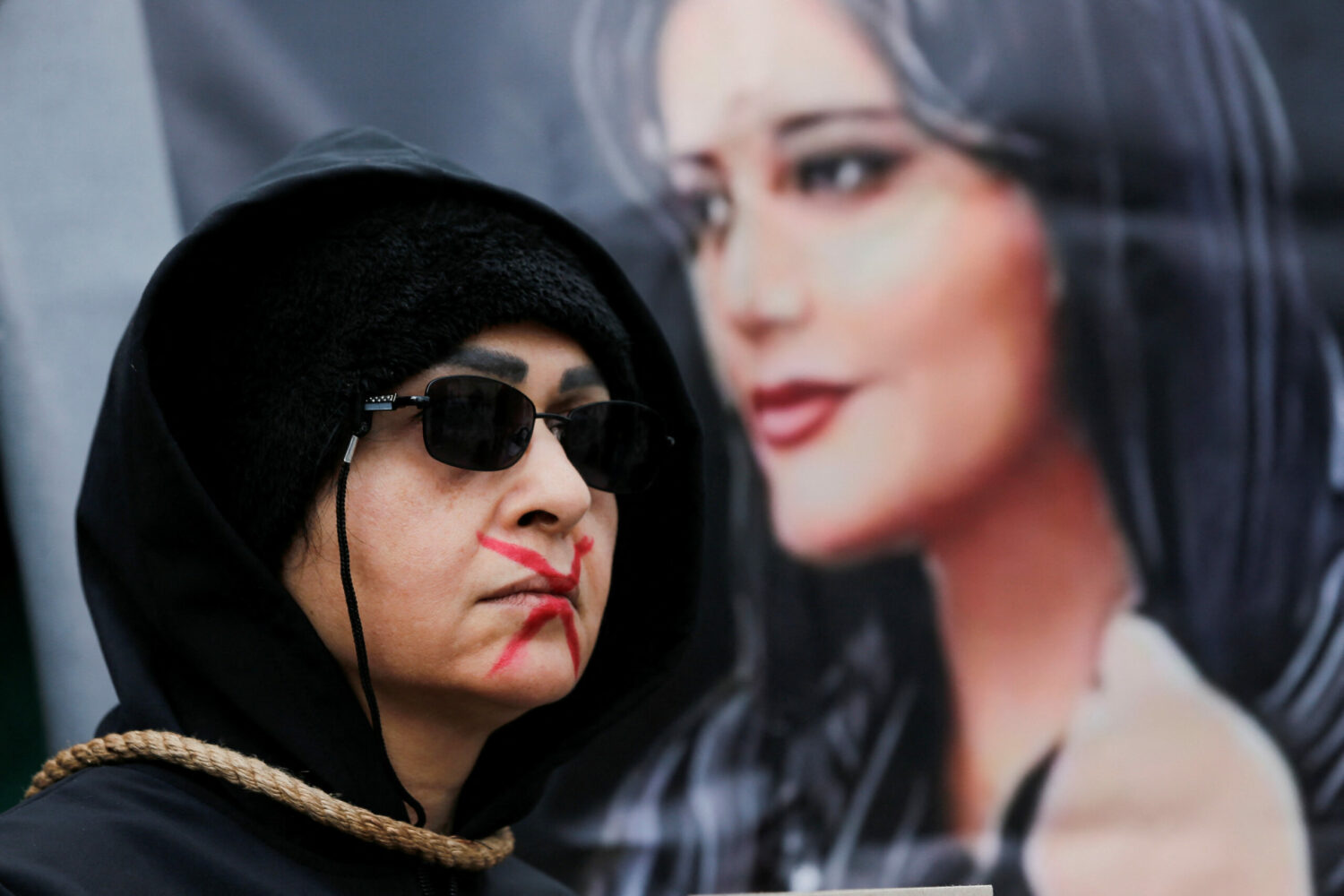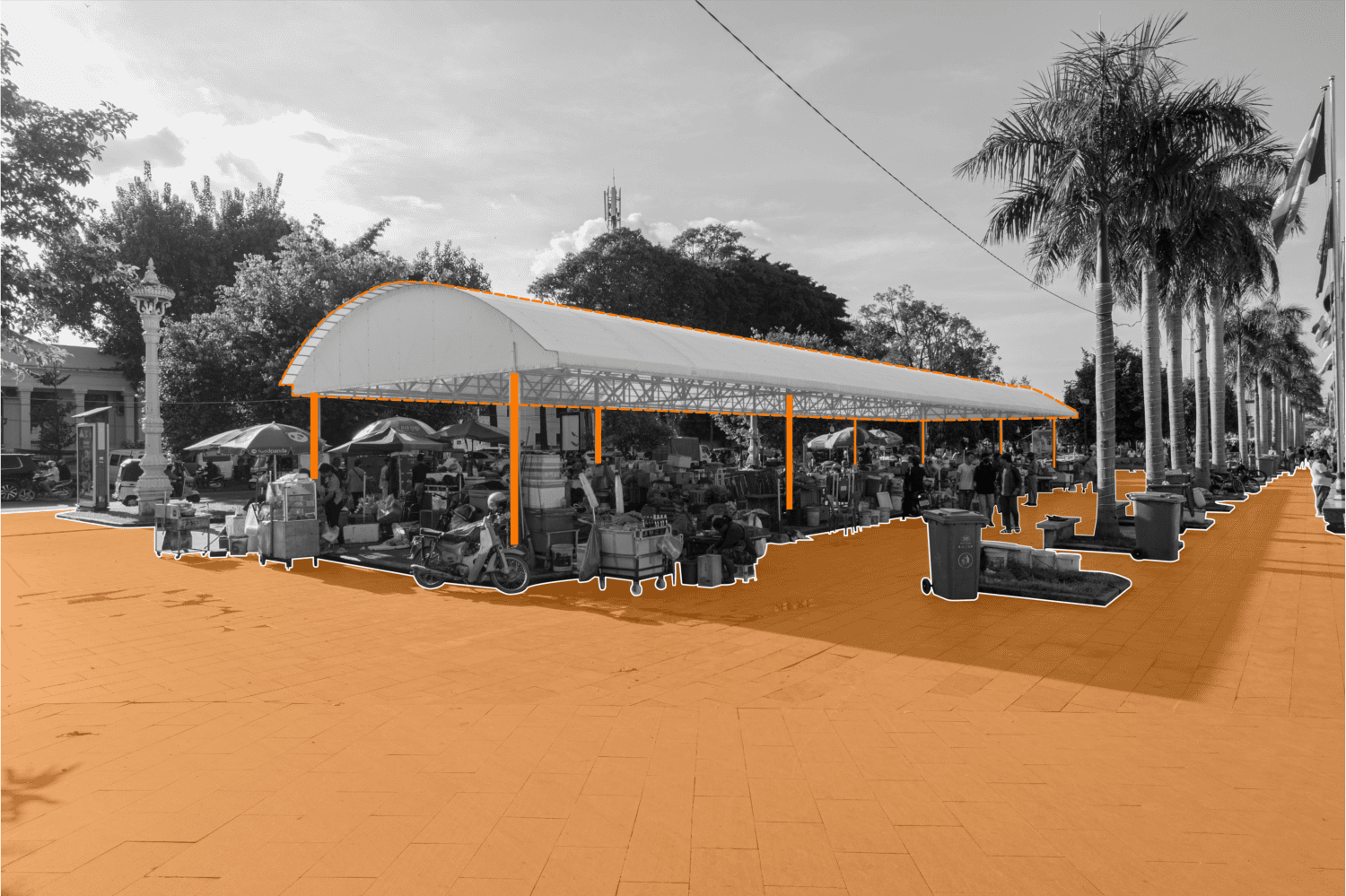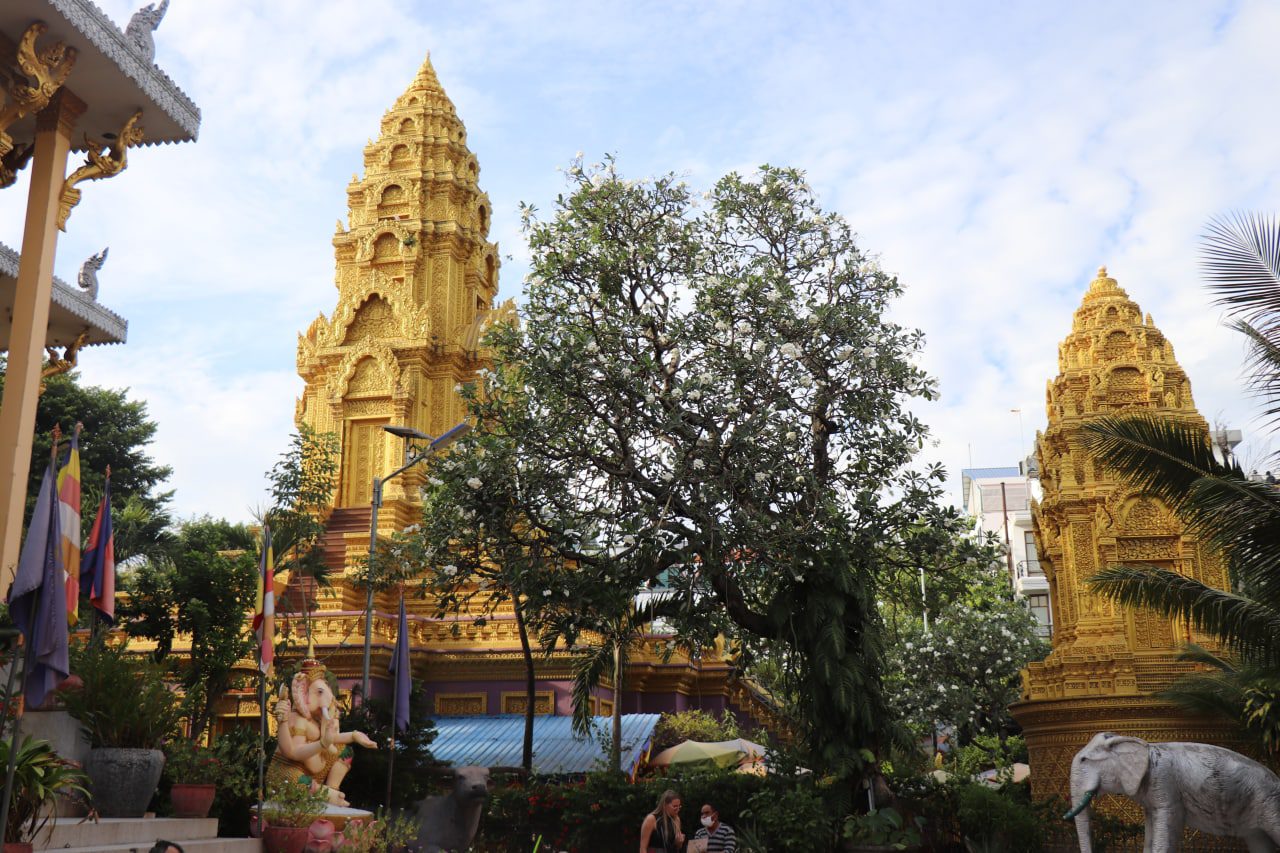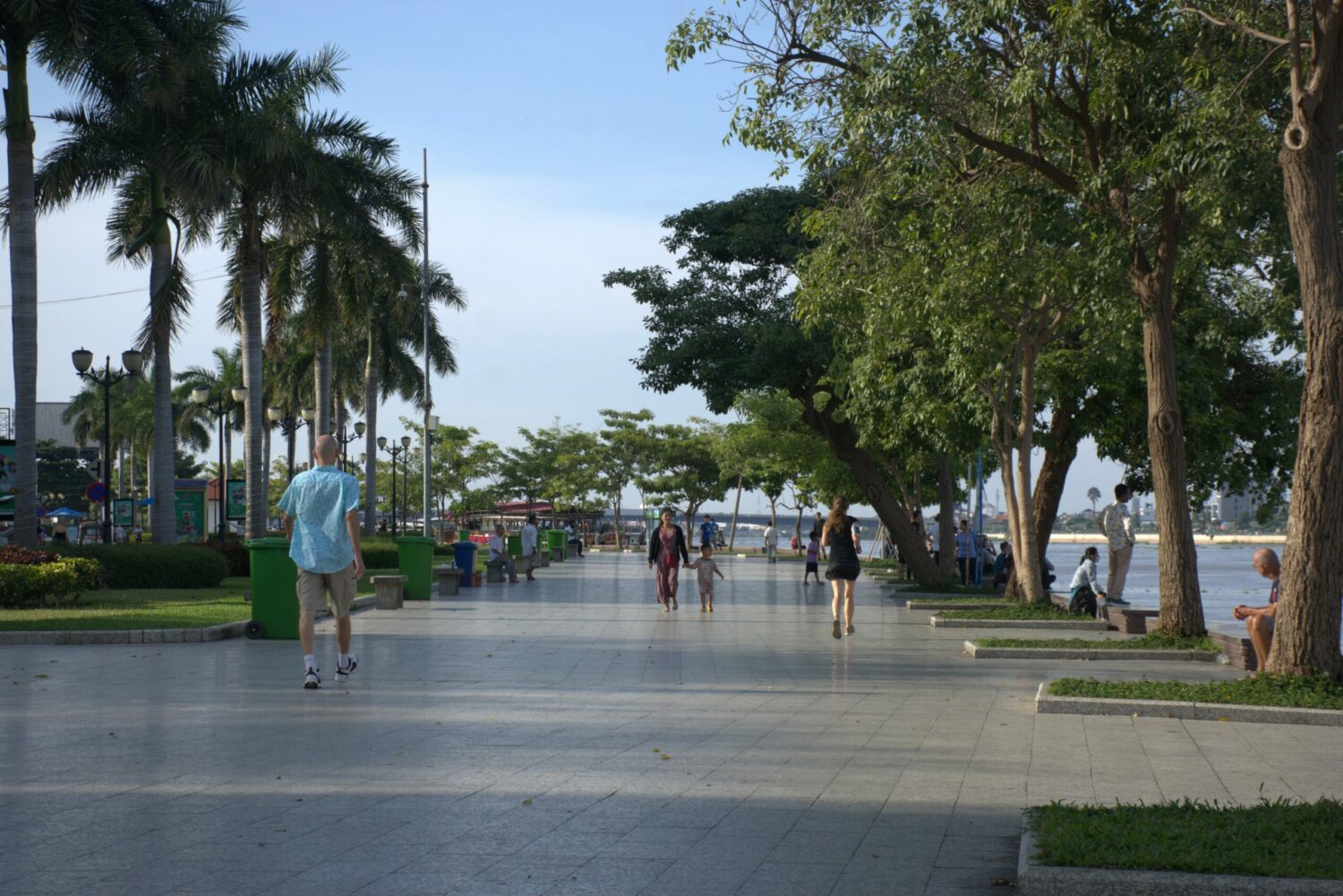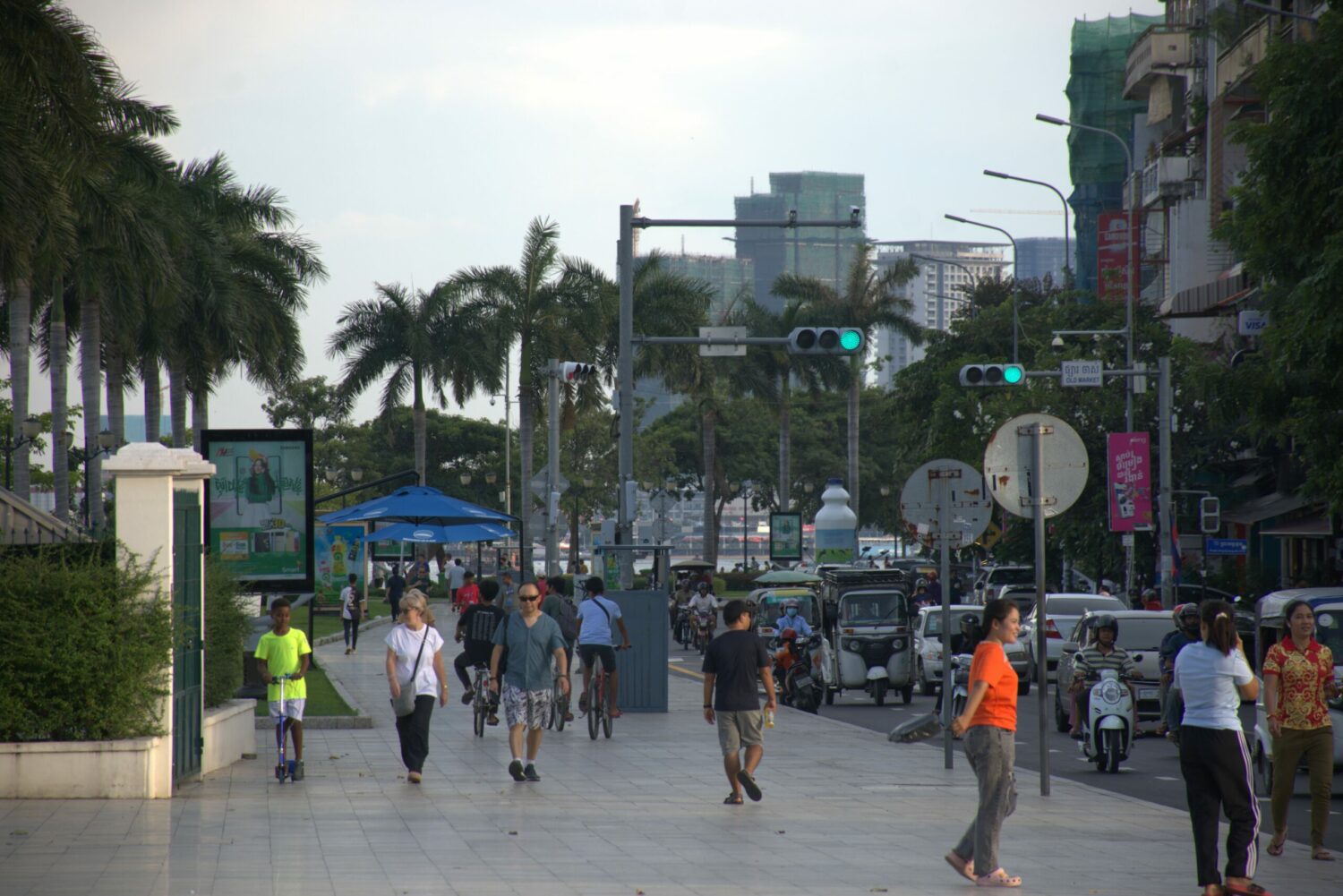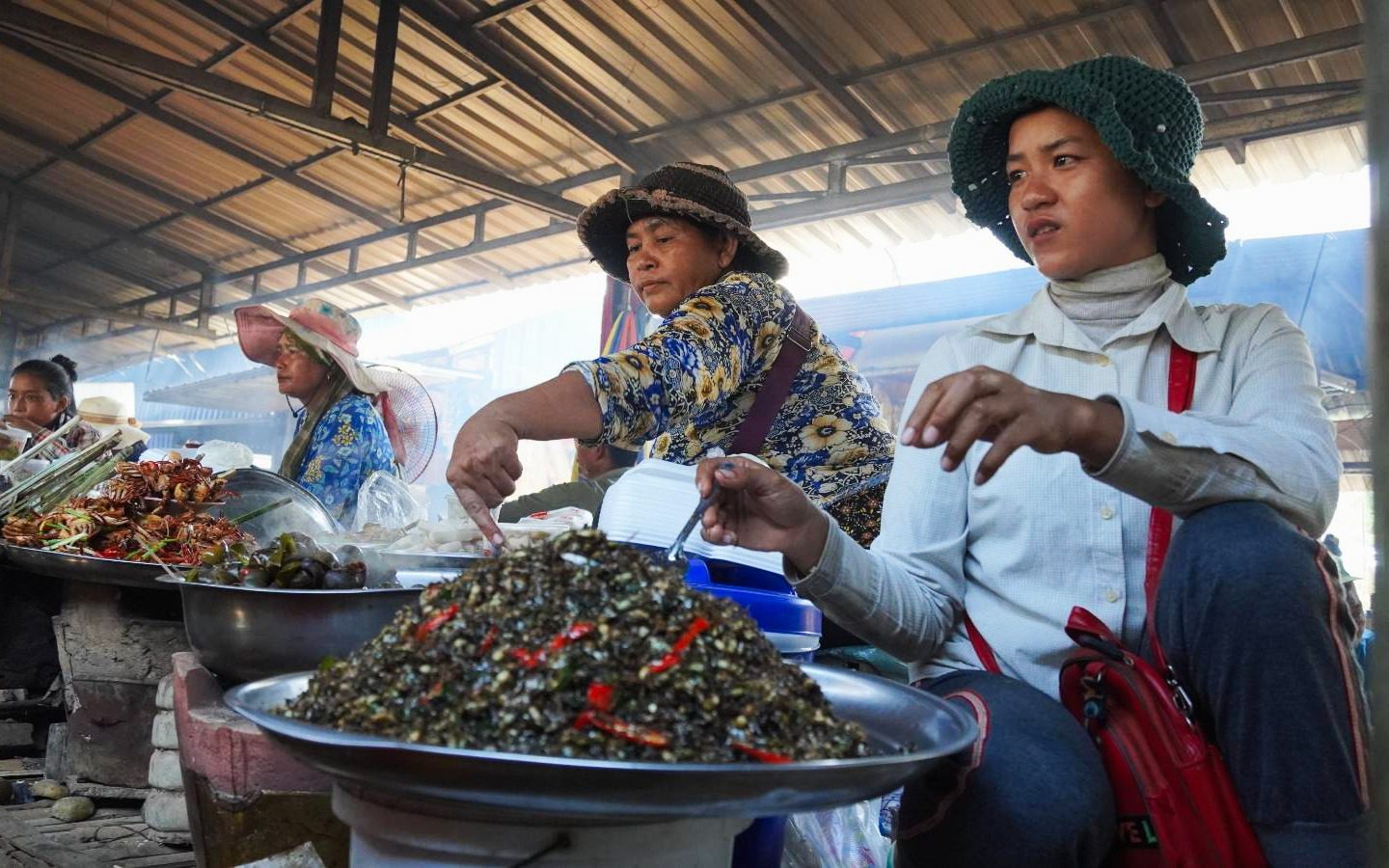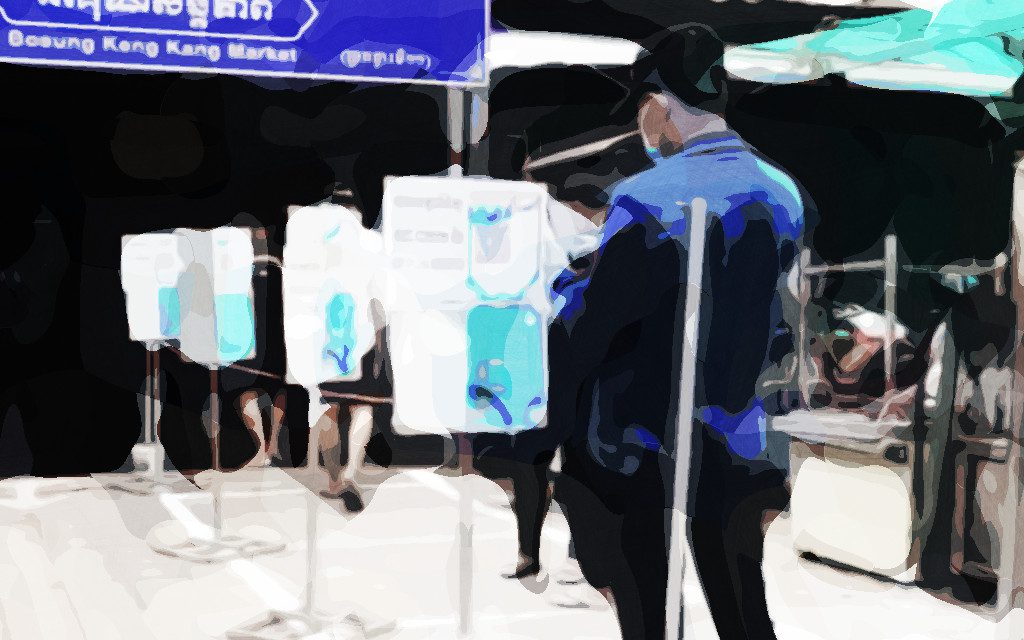When I look at her, she reminds me of Snow White, one of the most famous fairytale figures by the Grimm brothers: Skin white as snow, lips red as blood, and hair black as ebony. And of course a prince at her side to rescue her from evil, living life happily ever after. Her smile is gentle, her glance warm. However, there was no happy ending for Jina Mahsa Amini, 22, and all the more, there was no fairytale prince to her rescue.
Instead, Jina Mahsa Amini died in a hospital in Tehran on September 16, after having been in a coma for two days due to serious head injuries. Her death came after the Iranian morality police took her into custody on September 13. The reason for her police custody: wearing her hijab too loosely and showing too much of her hair, which constitutes a violation of Iranian government standards.
The Iranian Freedom Movement
More than just strict clothing rules apply to women in Iran. Having been a secular country before the Islamic Revolution in 1978, women in Iran nowadays experience severe limitations to their political, religious, and social freedom. According to Sharia laws, they are not allowed to ride bicycles and motorbikes, nor to sing or dance in public as solo artists. Iranian women need permission from their husbands to apply for a passport and to travel outside the country, and they can be prevented from pursuing a job or higher education if their husbands consider their plan to be “not compatible with the family’s interest.” The Iranian morality police ensures the people’s conformity with those rules — and therefore, also uses violence. The case of Jina Mahsa Amini is one of many sad culminations brought by a government that excuses misogyny with religious motives.
The traumatic ending of Mahsa Amini’s life marks the beginning of uprisings in the streets of Iran as never seen before: the movement for Women, Life, Freedom (“Zan, Zedegi, Azadi” in Farsi), expressing an irrepressible thirst for equality and justice. For months, the young Bahai citizen Sohrab*, 25, has risked his life on the streets of Iran by claiming basic human rights. For him, “protest” is not the right word to describe what is going on. He related to me: “People are not going to the streets to protest against one or a number of laws they find unjust and want to change. They want the whole corrupted system of Islamic Republic to be gone, and that is called a ‘Revolution.’”
This revolution has been answered with ever-stronger brutality from the Iranian regime, which has not stepped back from killing, torturing and imprisoning its own people. Currently, 18,000 protesters are imprisoned, according to Human Rights Watch. By December 13, there were 479 people killed (including 68 children) during the protests, the group says. Moreover, the Iranian government is issuing death sentences to dozens of imprisoned protesters, also to minors — and has already executed some of them. The first executions of two very young protesters (some sources indicate they were minors) took place in the beginning of December in the province of Sistan and Baluchestan, it adds.
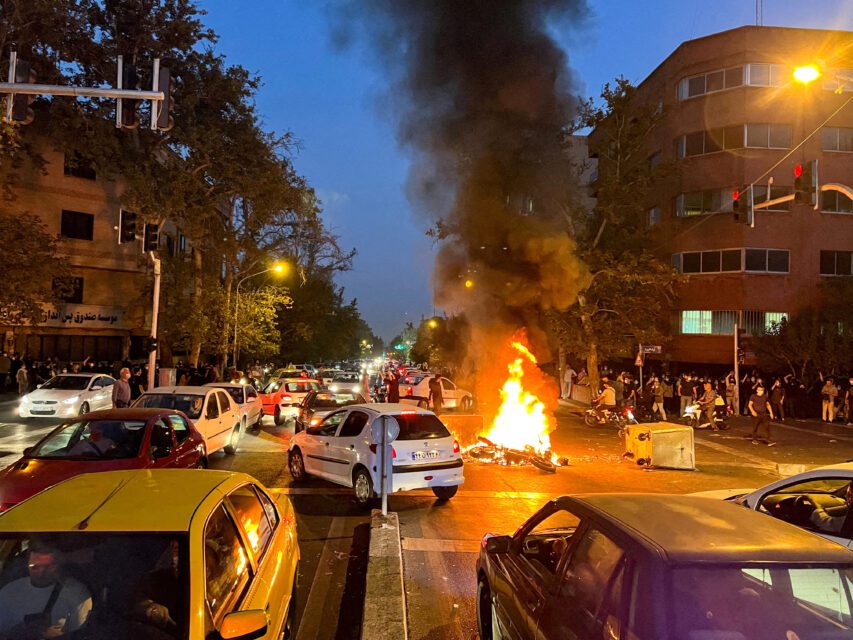
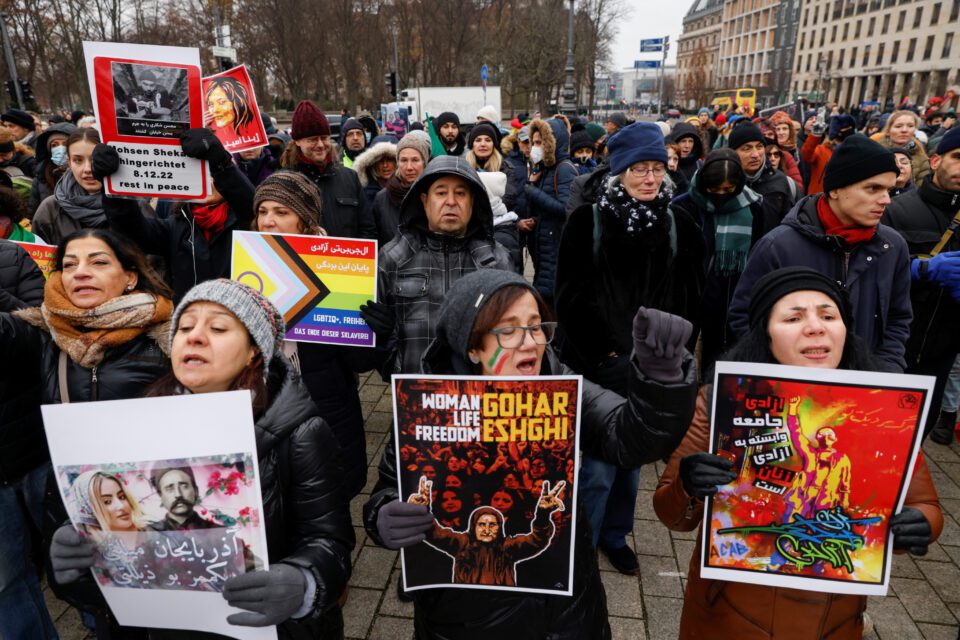 People take part in a protest against the Islamic regime of Iran following the death of Mahsa Amini, in Berlin, Germany, December 10, 2022. REUTERS/Michele Tantussi
People take part in a protest against the Islamic regime of Iran following the death of Mahsa Amini, in Berlin, Germany, December 10, 2022. REUTERS/Michele Tantussi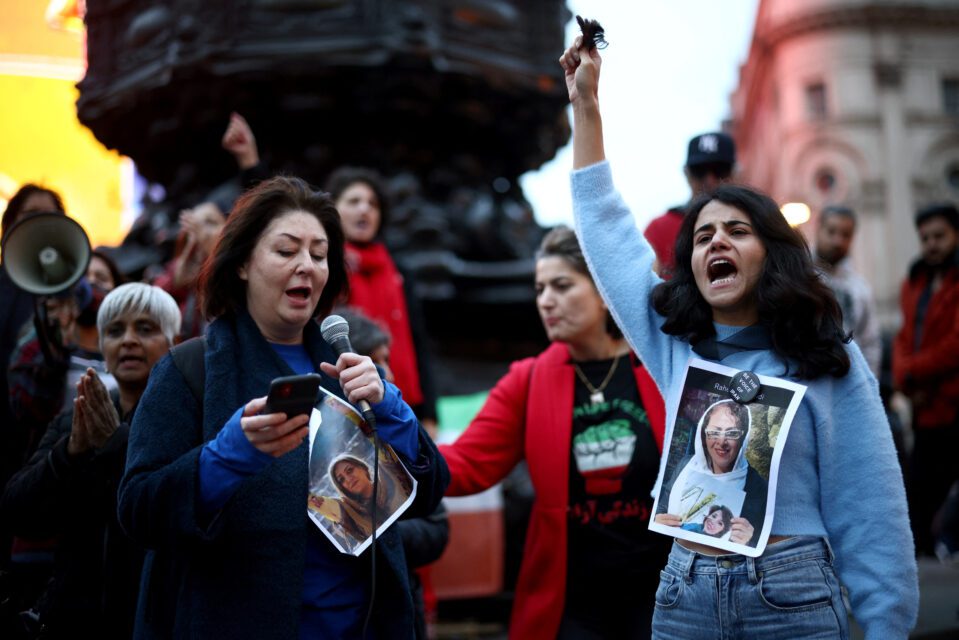 Women cut hair during the #Hair4Freedom, a mass haircutting event, led by Women’s charity FiLia and anti-religious law campaign group One Law for All, to show solidarity with Iranian women, in London, Britain, November 26, 2022. REUTERS/Henry Nicholls
Women cut hair during the #Hair4Freedom, a mass haircutting event, led by Women’s charity FiLia and anti-religious law campaign group One Law for All, to show solidarity with Iranian women, in London, Britain, November 26, 2022. REUTERS/Henry Nicholls
The Revolution Within Yourself
The current events in Iran leave their imprint also outside the country. Even though I am currently residing in Cambodia, far away from Iran, the topic has been haunting me for weeks. Closing my eyes and remaining silent in front of this extreme case of injustice toward humankind would mean my approval of the brutality of the Iranian regime. Choosing neutrality in times of injustice means choosing the side of the oppressor, as human rights activist Desmond Tutu used to say.
The protests in Iran have also gained considerable attention in Europe. Nika*, a friend of Sohrab, is an Iranian student in Germany, a compassionate young woman with a sharp mind, a good heart, and with a clear vision. Since the beginning of the protests, she has tried to raise awareness for the situation in Iran at her university and to take action for the support of the Iranian freedom movement. “The first place a revolution takes place is within ourselves, in our beliefs and in our minds. Eventually, this change of mindset has a visible outcome on the sociopolitical level,” Nika explains. Claiming itself to be the Islamic Iranian regime, some people justify their Islamophobia with the brutality of the Iranian government. Asking for Nika’s take on the role of Islam in this conflict, she decidedly affirms the importance of separating religion and politics:
“The Islamic Republic and all its failures are the best example why connecting religion and politics does not work. As long as a religion is exercised on an individual level and does not start to become the rule of a country, there is no reason to be afraid of it or to restrict it, regardless of which religion or belief that is.” According to Nika, many people have lost their faith due to seeing the repressions of the regime. This shows that the Iranian regime does not represent the values people search for in Islamic faith and in their religious practice.
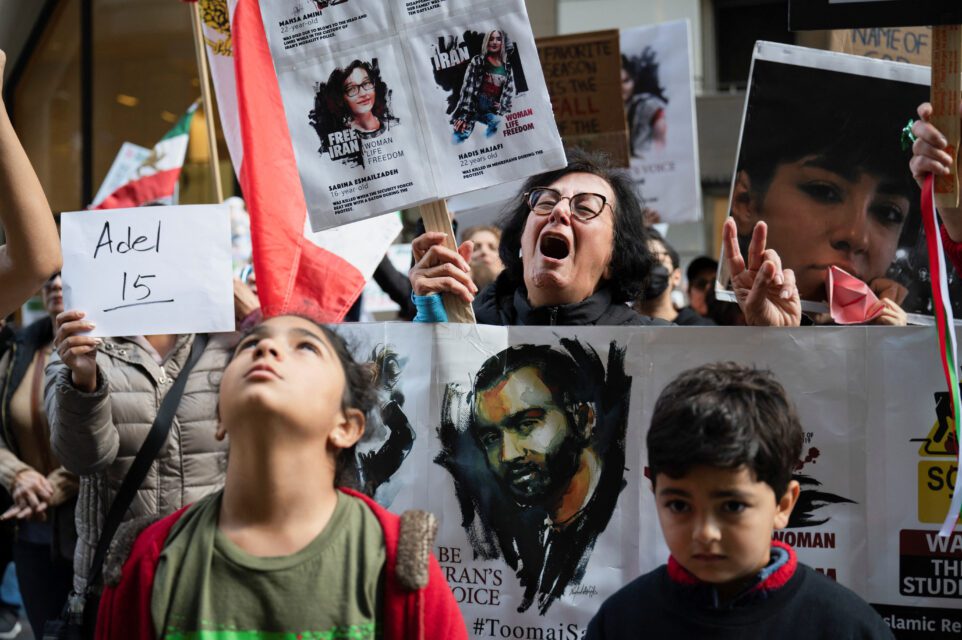 A woman cries out as the names of children who have been killed during anti-government protests in Iran are read during a protest against gender-based violence in Iran, in front of the United Nations Children’s Fund (UNICEF) office in San Francisco, California, U.S., November 30, 2022. REUTERS/Amy Osborne
A woman cries out as the names of children who have been killed during anti-government protests in Iran are read during a protest against gender-based violence in Iran, in front of the United Nations Children’s Fund (UNICEF) office in San Francisco, California, U.S., November 30, 2022. REUTERS/Amy Osborne
What Can Be Done?
Witnessing all the bad going on in the world from a distance sometimes leaves us feeling frozen and powerless. To what extent can a single person bring about change? In Nika’s opinion, everyone is capable of doing so: “Gathering in front of the embassy of Iran in your country with posters and placards makes Iranian ambassadors and officials aware of the fact that all the world knows about this regime’s crime against humanity.” If a country maintains relations with Iran, one can reach out to government officials and ask them to cease cooperation with Iran. She sees the political isolation of Iran as the only solution to exercise pressure on an international level. Further, Nika recommends keeping yourself up to date on the situation. An useful resource for doing so is to follow the news on Instagram and on Twitter, for example by following #womenlifefreedom or the Instagram accounts of @Officiallyjoko and @damitdasklaas. Some simple but relevant support every internet user, regardless of the location, can provide is granting uncensored and free internet access to Iranians via the Snowflake tool. Signing and sharing petitions for the liberation of political prisoners in Iran also saves lives. Here are two: Persians With Purpose and Call to Doctors Without Borders to Help the Protesters in Iran.
The fight of Nika and her friend Sohrab against the Iranian regime, be it in Germany or in Iran itself — is taking its toll on both. Nika’s life these days meanders between studying and organizing events and activities about Iran — leaving barely any time to catch her breath. “I don’t fight to fulfill my own dreams anymore, I am fighting for the dreams of those beautiful lives that were violently taken,” Sohrab says. He has already been taken into arrest for one day due to his activism in the streets of Tehran. The experience was so traumatizing that he cannot talk about it yet. However, both see light at the end of this tunnel of hate and cruelty, and this light is called hope. “Hope in the process of revolution is like energy when climbing a high mountain. Your most tired and exhausted state is right before you reach the peak, but you keep on going nevertheless, because you see how far you have come, and how close you are to the peak.” Let’s hope that the peak will be reached very soon.
*Names have been changed for safety.
Nika is an Iranian student in Germany, and a political activist for the Women, Life, Freedom movement in Iran. For the protection of her family, she chose to be anonymous in this article. Her alias “Nika” is a homage to Nika Shakarami, a 16-year-old girl, who died during the first days of the protest in Tehran. Iranian authorities stole her body, so that her family could not bury Nika on their own terms.
Veronika Gruber is a German student currently residing in Phnom Penh. She pursues a master’s degree in International Cooperation on Human Rights and Intercultural Heritage at the University of Bologna. She is passionate about women’s rights and justice for all.


